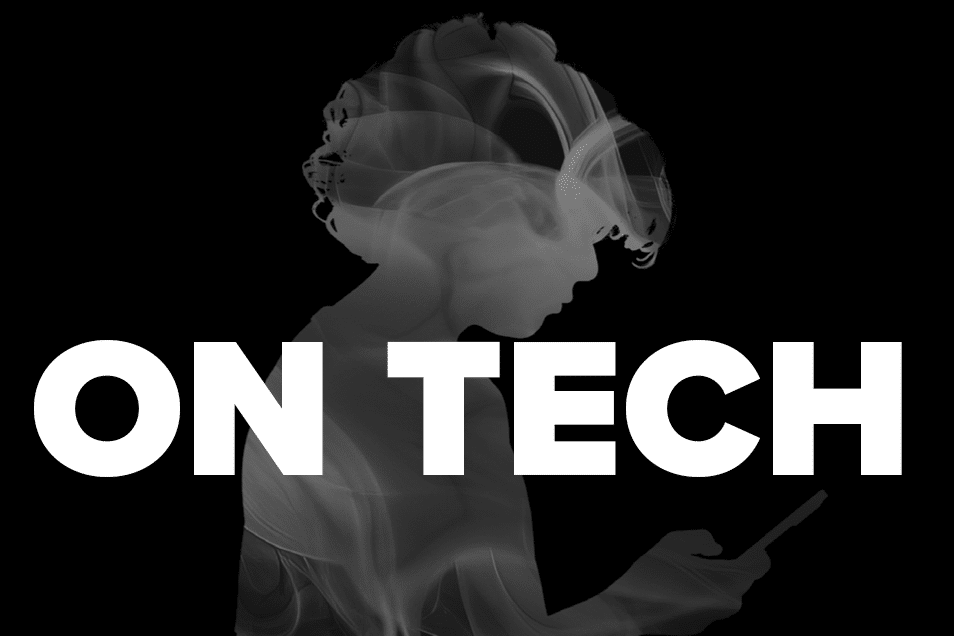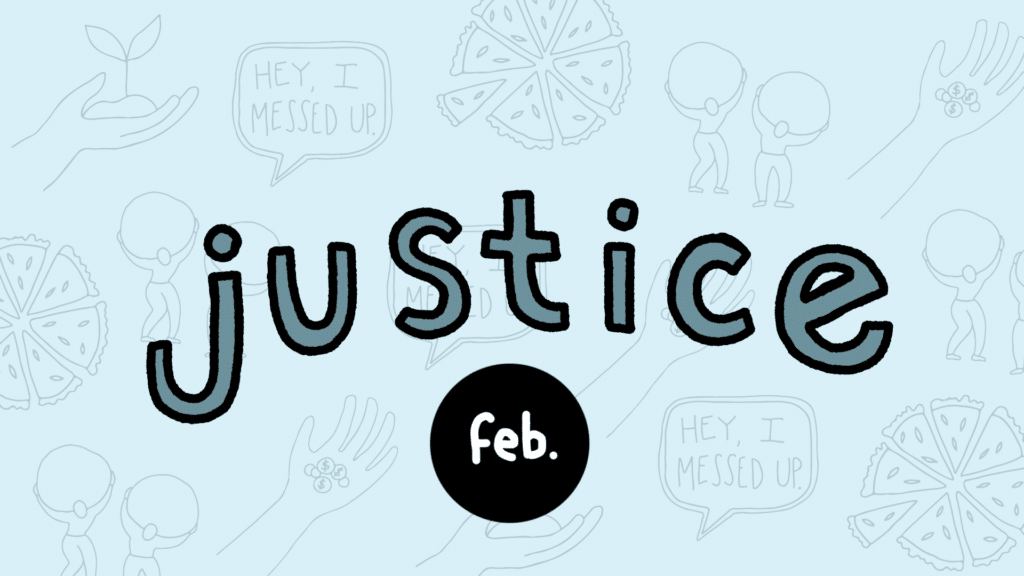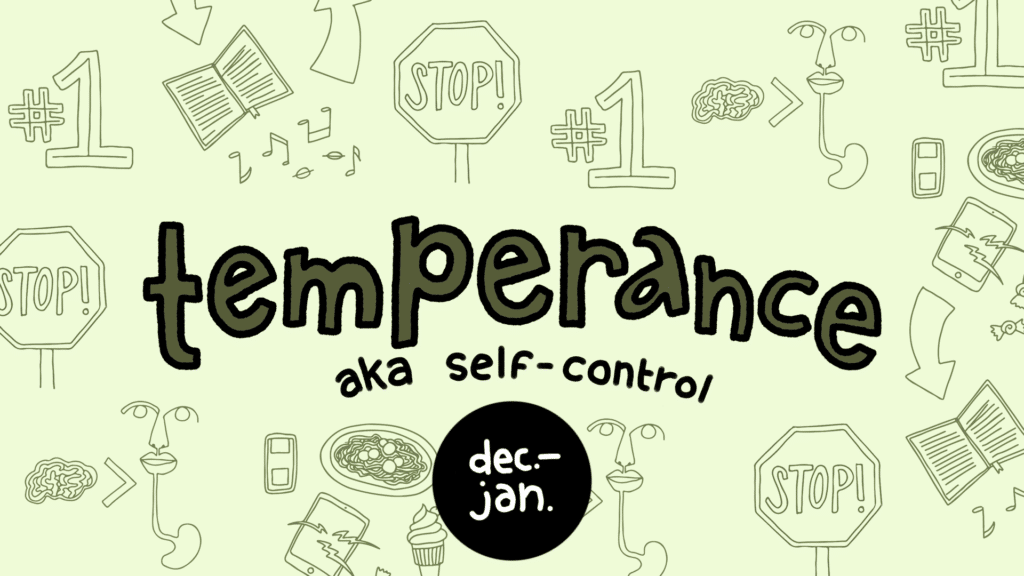Perhaps we shouldn’t be talking about it just yet but I know we’re all thinking it! Spring Break is quite literally right around the corner!! We thought it would be the perfect time to share a WONDER post from one of our staff. Ms. Margot Kandarian, one of our preschool teachers, was inspired to go on a backpacking trip last year. But not just any backpacking trip, it is one that would take her hundreds of miles away from home and one that would test not only her physical abilities but her mental toughness as well. Oh, and did we mention that she hiked alone?
Let that sink in for a bit, grab your coffee or tea and read her journey below…
More than three years ago, my boyfriend Cole and I went to Crater Lake with his family. We saw a bunch of hikers with backpacks and found out that they were thru-hiking the Pacific Crest Trail (PCT). I believe this was the first time I had heard about thru-hiking or the PCT, and it was before the notoriety of Cheryl Strayed’s Wild. I thought maybe I wanted to do something like that someday. The PCT is a hiking trail that is about 2,600 miles long, stretching from the Mexico/California border to the Washington/Canada border, through the desert, the Sierra Nevada mountains, and the forests and mountains of Oregon and Washington.

Then in the past few years, thru-hiking and the PCT seemed to gain a lot of popularity. I had never done much hiking or camping with my family, but I started doing more with Cole and his family, and with other friends, and then solo hiking. Most of my camping and backpacking was nearby, in Big Sur or the Santa Cruz area. My first solo backpacking trip was in Yosemite. Then I spent the first half of 2018 reading guidebooks, doing tons of research online, collecting lightweight gear, and dehydrating my own food to get ready for my hike on the PCT. Some people do a lot of hiking to prepare before they go on their thru-hike, or start running regularly. From what I’ve heard though, no amount of training can really prepare your body for hiking all day, every day. You’re going to be sore and extremely tired once you’re out there on the trail in the beginning, no matter how much training you do. I usually hike at least once a week, and I was taking ballet class once a week too. About a month before I went out on the trail I started hiking with my backpack once in a while, but it’s really hard on your body to be carrying that much weight, so it’s not suggested to do too much training with a heavy pack.
I applied for a permit at the beginning of January and got it by the end of the month. It’s free to apply for a permit, and you have to have a permit if you intend to hike more than 500 miles of the PCT. And I had planned to hike from the California/Oregon border to Canada. Another thing that the Pacific Crest Trail Association wants people to be aware of is the Leave No Trace policy. Anything you hike in with, you should pack out with you. This includes trash, toilet paper, even food waste like orange peels. Since so many people are hiking the PCT now, Leave No Trace is more important than ever.
My pack weighed about 30 pounds, and I had my tent, sleeping bag, sleeping pad, food, water, water filter, a headlamp, my journal and colored pencils, my thermals, a jacket, a rain jacket, an extra pair of socks, a beanie, a very minimal first aid kit, sunscreen, a spot device, and my maps. And then I took a train north, hitchhiked to the trail, and hiked into the woods of southern Oregon. What I did not know was that three wildfires had started all around me, one of which ended up turning into the huge Klamathon fire.
On my second day on trail, it was so smoky I couldn’t tell if I was hyperventilating just from being anxious about the smoke and not knowing how close the fire was, or if it was from the smoke itself. Parts of the forest I walked through were already fire-damaged from previous years, and the air is so smoky made it feel very apocalyptic at times.
There were moments of extreme beauty and peacefulness on the trail too: The biggest deer I’ve ever seen, views of isolated sparkling lakes, neverending expanses of trees, the other hikers I met and had a chance to talk to. It makes you appreciate the smallest things too: water, sitting down, cooked food, no mosquitoes, sleep.
Everyone I talked to before I left was surprised or worried about the fact that I was going to be hiking alone. To some degree, it felt like people were trying to fear monger hikers about possible dangers out on the trail: Bears, mountain lions, getting hurt, hitchhiking, strangers, inclement weather, getting lost, running out of water…And sure, a lot of those things are possible. But none of those things are very likely. For me, it turned out to be air quality and the massive amount of fire closures on to trail ahead that stopped my trip. Only about 60% of thru-hikers finish their PCT hikes, according to the statistics the PCTA gives. And a thru-hike is only if you do the whole trail, just doing part of it as I did is called section hiking.
I ended up deciding to go home at Crater Lake, a lot less far in, than I had wanted to go. But I’m planning to go back and hike a section of the trail in Washington next summer. So, even if my trip got cut a little shorter than I had planned, I got out there and solo hiked to Crater Lake, carrying a backpack that weighed almost 30 pounds, and suddenly I was one of the hikers trekking up to Mazama Village. And it felt really good like I had accomplished something important. I didn’t know what I was capable of until I hiked 20 miles in a day. It made me feel strong and empowered like I can do the things I want to do, I can make things happen! I think that’s something a lot of women in our society don’t get to feel too often. And I sincerely hope that some young girl saw me at Crater Lake with my backpack and thought maybe she would do something like that someday.
We hope this post emboldened you as you prepare and think about all the WONDER adventures you could go on or do for spring break. It may not be the Pacific Crest Trail or hiking. Perhaps you planned on staying local and not travel, maybe you’re thinking about serving your community or lending a neighbor a hand…whatever adventure you or your family find yourselves in, be empowered and courageous! Someone could be watching.
“Courage is resistance to fear, mastery of fear – not absence of fear.” -Mark Twain
Thank you so much for sharing with us, Margot! You accomplished quite an amazing feat!! We look forward to hearing about your Washington trip next time.




















